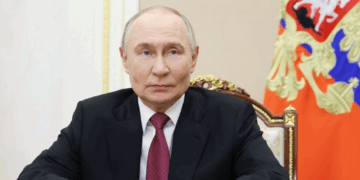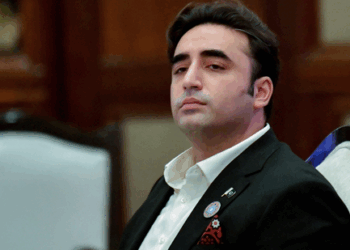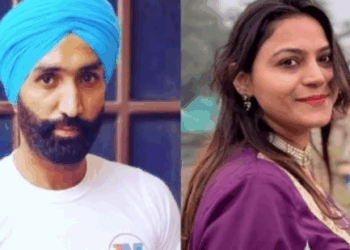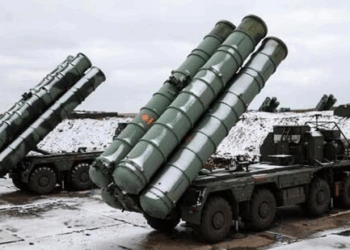The People’s Democratic Party (PDP), once a dominant force in Jammu and Kashmir’s political landscape, is heading toward its most significant electoral defeat. Led by Mehbooba Mufti, the PDP is grappling with a sharp decline in support, as early results from the J&K election suggest the party is facing its worst-ever performance.
The PDP, which had once built a reputation as a key regional player with its pro-Kashmir policies and alignment with national-level parties, now finds itself marginalized. Mehbooba Mufti, a former Chief Minister of the erstwhile state of Jammu and Kashmir, appears to have lost much of her political foothold as voters shift their allegiance to rival parties, including the National Conference (NC) and the Bharatiya Janata Party (BJP).
Local analysts attribute the PDP’s downfall to a range of factors, including its controversial alliance with the BJP in 2015 and its inability to regain voter trust after the abrogation of Article 370, which stripped Jammu and Kashmir of its special status. This decision left many in the region feeling betrayed, with the PDP unable to fully reconcile its position on the issue.
“Mehbooba Mufti’s party has lost touch with the ground realities of Jammu and Kashmir. Voters no longer see the PDP as a viable alternative to represent their aspirations,” said a political expert from Srinagar.
The ongoing decline of the PDP has allowed other regional parties to capitalize on the discontent. The National Conference, led by Farooq Abdullah and his son Omar Abdullah, is poised to regain much of its lost ground, while the BJP continues its campaign to strengthen its hold over Jammu.
As results continue to roll in, Mehbooba Mufti’s party will have to contend with its worst-ever performance at the polls. This setback raises questions about the future of the PDP in a politically sensitive region, where the balance of power is constantly shifting.
While the final outcome of the election is yet to be confirmed, it is clear that the PDP’s grip on J&K politics is fading, casting doubts on its ability to remain a significant player in future elections.








 India
India












